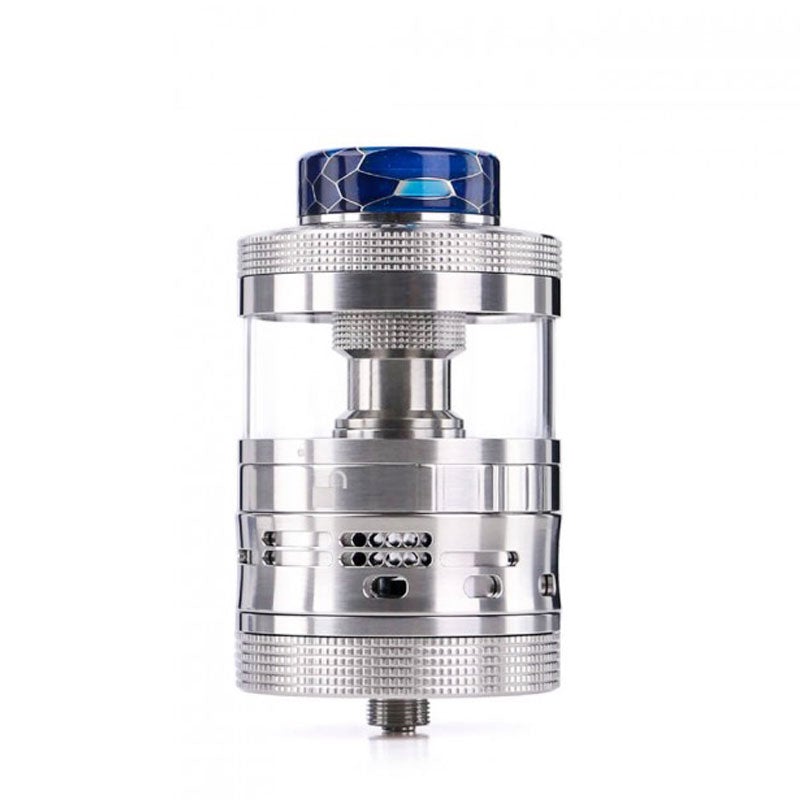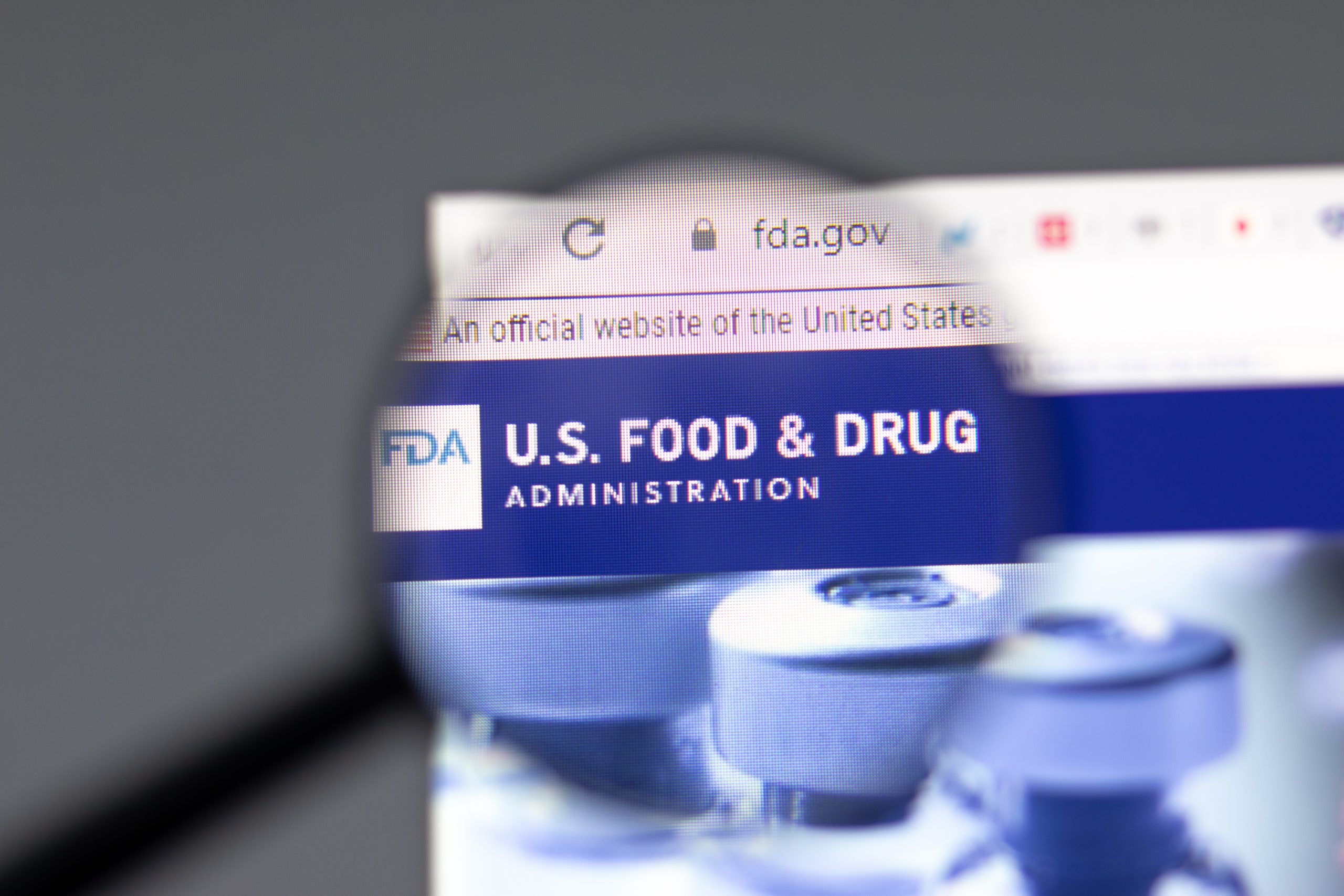
Vaping industry representatives are unimpressed by the U.S. Food and Drug Administration’s plan, announced Feb. 24, to address the shortcomings in the operations of its Center for Tobacco Products (CTP) identified by independent evaluators working through the Reagan-Udall Foundation.
“While the devil is in the details, nothing in today’s announcement hinted at any material shift in FDA’s perpetual attack on every nicotine-containing product,” Tony Abboud of the Vapor Technology Association told AP News.
The CTP has come under fire from various sides, with health advocates urging the agency to more aggressively police regular cigarettes and flavored e-cigarettes, and tobacco companies complaining that the FDA is unwilling to approve new products, including e-cigarettes, which might help adults quit smoking.
To address such criticisms, FDA Commissioner Robert Califf in July 2022 ordered an independent investigation into the CTP’s operations.
On Dec. 19, 2022, the Reagan-Udall panel issued a blistering report. Evaluators described the FDA as “reactive and overwhelmed,” with a demoralized workforce that struggles to oversee both traditional tobacco products and a freewheeling e-cigarette market.
In response, the FDA pledged a reset to the agency’s tobacco program. The CTP director promised to develop a five-year plan by the end of 2023 outlining priorities, including efforts to clean up a sprawling market of largely unauthorized electronic cigarettes. The agency also said it would provide more transparency to companies about its decisions, following the rejection of more than 1 million applications from e-cigarette makers seeking to market their products as alternatives for adult smokers.

Nothing in today’s announcement hinted at any material shift in FDA’s perpetual attack on every nicotine-containing product.
Tony Abboud, executive director, Vapor Technology Association
Vaping industry representatives expressed disappointment with the FDA announcement, which they said would continue to result in denials for most vaping products.
“After the scorching findings from the Reagan-Udall report, the FDA should be issuing a mea culpa to the American public for the calamity created by the agency’s insistence on crushing the nicotine vaping market,” the American Vapor Manufacturers Association wrote in a statement.
“But instead of taking responsibility, the agency is proposing yet more task forces, more bureaucrats and even a so-called ‘five-year plan,’ which is government shorthand for punt, retreat, and see you later. It’s not good enough, not by a long shot, and the millions of Americans relying on vaping products to stay off cigarettes have once again been bast to the wind by the FDA’s chronic negligence and indifference.”
Americans for Tax Reform described the CTP’s response as “inadequate,” saying it fails to address the critical issues highlighted by the Reagan-Udall Foundation. “Since [CTP] Director King and FDA are clearly unwilling to step in and fix the problems plaguing the Center for Tobacco Products, this falls upon Congress, and specifically the new Republican House Majority, to use oversight powers to reestablish trust in FDA and improve public health,” the group wrote in a statement.
While welcoming the CTP’s new commitment to transparency, the Premium Cigar Association (PCA) expressed concern that the CTP continues to view industry engagement as an afterthought rather than a means to better understand how its approach can be better designed in the developmental phase of regulations, guidance or strategic planning.
The PCA also questioned the CTP’s desire to increase its workforce and raise more funds through user fees. “Until the systemic failures are addressed, growing an agency that already spans over 1100 employees will only complicate and compound its problems,” the PCA wrote in a statement. “Rather, CTP should embrace Congressional oversight, as does every other Federal Agency, to ensure that its ongoing efforts remain in-line with its statutory mission and public demands.





















